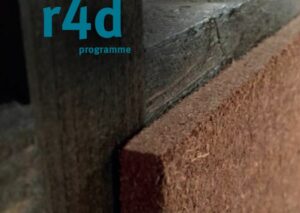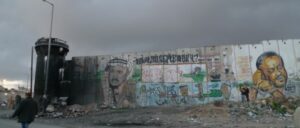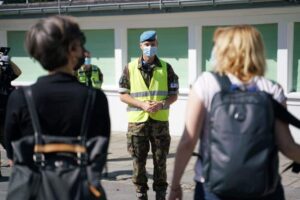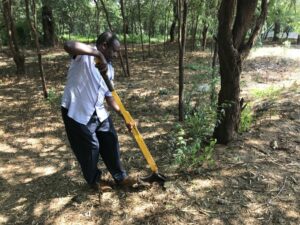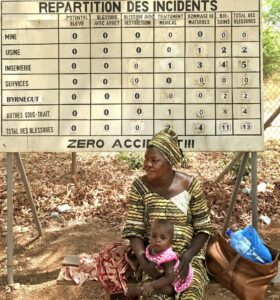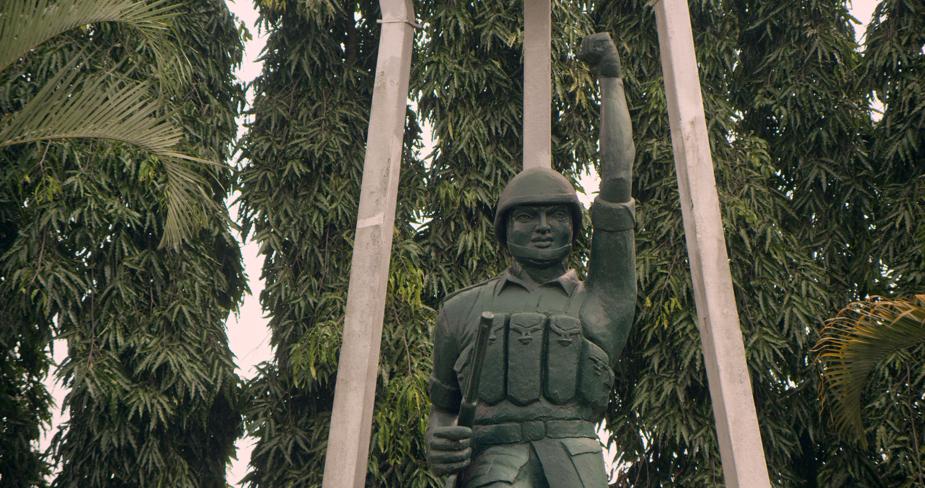
«Telling stories is a strong way to act»
You are part of a research project that explored social conflicts in post-war Sri Lanka. How did you approach the topic?
For our project “Fostering Pluralistic Memories” we interviewed people with Tamil, Singhalese and Muslim backgrounds that used to live throughout the country as well in villages beside the front line. We included communities that are heterogeneous as well as homogenous, in rural areas as well as in cities. The civil war in Sri Lanka officially ended in 2009 after 26 years and life losses of 60000 to 100000. However, the political institutions remain fragile until today. The study aimed at documenting processes of collective remembering in societies marked by decades of collective violence and fragile political institutions. With the project, we performed both survey interviews which used random sampling as well as ethnographic interviews where we purposefully went in search of people with diverse memories. We wanted to capture their diverse memories, to make their stories be heard.
What is the importance of this process?
With our interviews, we give a voice to individuals. The more confidentiality granted and the more we interviewed in an emphatic manner, we could document conflict narratives that are more multi-layered and more complex than those available in public. Our scientific analyses of the interviews produced different shared histories in a variety of focuses and details. All the narratives stand in relation to the official history by the political party in power.
Why is the comparison with the making of the official history important?
The official voices aim to be the loudest ones. Being a social and political psychologist by training I studied the mechanisms of politics before. The ultimate aim of a politician or a political party is “making you see the other as they want it”. There are many ways to implement this goal, including violence. This means also that political groups shape the identity of groups just like entrepreneurs shape their company.
What are their motivations?
These entrepreneurs of identities are not interested in changes of opinion. They don’t like change at all as this could mean the loss of power. Entrepreneurs of identities need stability to stay in power. On the other hand, each individual we interviewed is a social being with a number of different identities and roles. They are a family member, they have a job, they belong to an ethnic group and specific religion and are close to one or another political party. However, all identities that make up a human being change over time, they are fluid. This is a process influenced by a large number of factors. For the people in power, however, fluid identities are a threat. They want it to fix to one specific, dominant identity. The psychological mechanisms to deal with different identities are the barrier for peace but at the same time also the solution.
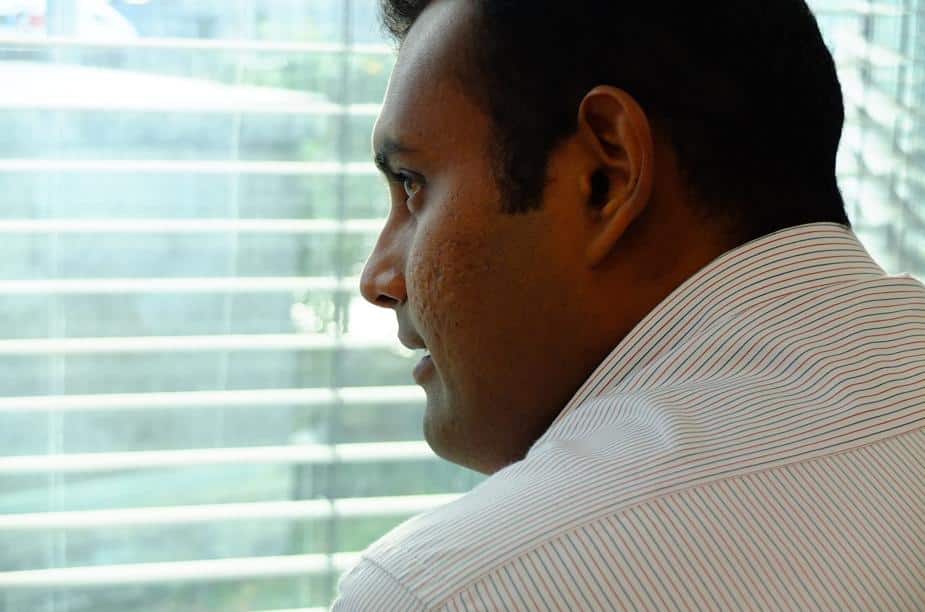
Interview with Sumedha Jayakody during the Geneva Peace Week 2019. Picture: Claudia Zingerli
How is your work contributing to the peace process?
We rewrite histories and individual narratives and make them visible. We document the views, experiences and opinions of the others. By establishing space for all the possible histories, we provide a wide range of different views of the past. We tell history in all colours and not in black and white – pluralistic memories of many histories as we call it.
What was your most important personal learning?
Engaging myself within the project both directly and indirectly made me meet a lot of people with different stories to be told. After the interviews, my most important learning was the fact that even names are only a label for ethnic categories. I met people with Singhalese names belonging to the Tamils and vice versa. Who would under normal circumstances be seen to be more characteristically Tamil. But again who are we to categorize? I had to learn a lot about the different shades that were formerly unknown to me.
How do you generalize your findings?
We had the opportunity to discuss our findings with partners in Palestine and Burundi. A big help was our participation in the research documentary “Inequality and Conflict – Beyond us and them” within the r4d programme. The co-production of this film together with scientists from other projects, filmmakers and other protagonists gave us the opportunity to compare our findings with other situations of social conflicts in countries of the global south. While making the movie we realised the importance of individual memories as much as gender differences and ethnic power relations. Even though the cases from Latin America and sub-Saharan Africa cannot be strictly compared, there are very strong overarching themes. Giving a voice to the ones with more quiet voices and less power can be the foundation of peace.
What are the challenges of your research?
Of course, our research is not liked by the people in power and can easily be wrongfully interpreted. We focus on fluid identities and doing justice for these intimate personal stories that have been entrusted with us by making them heard. We create data, we make the data public. Our data can potentially become the source of future actions of the next generation.
You still continue your work.
I believe very much that preserving and sharing stories is a strong way to act. With this action we are part of shaping fluid identities that are in turn also important to build resilient societies to conflict in the future. Analysing social conflicts in post-war situations we document how people are victimised by the views of the dominating political party. This in turn can fuel new social unrest and conflicts.
The presidential elections in Sri Lanka in November 2019 and its result indicate a potential threat to the evolution of peace due to the nationalistic sentiments that were constantly evoked by the party that won. It remains open how our work contributes to a sustainable development of peaceful co-living in the present context.
Civil war in Sri Lanka between 1983 and 2009
Ethnic tensions between Singhalese and Tamil can be traced to Sri Lanka’s colonizers and anti-Tamil riots since the 1950s. Beginning in 1983, the tensions were manifested in an on-and-off insurgency against the Singhalese government by the Liberation Tigers of Tamil Eelam (LTTE). An LTTE attack on 13 soldiers resulted in the anti-Tamil race riots in July 1983, allegedly backed by Sinhalese hard-line ministers. More than 150,000 Tamil civilians fled from the island, seeking asylum in other countries. In 2009, the Sri Lanka Armed Forces defeated the LTTE and re-established control of the entire country by the Sri Lankan Government. Overall, between 60,000 and 100,000 people were killed during the 26 years of conflict.
Related Posts
Gender Dimensions in Peacebuilding
Rooting out invaders: A strategy against exotic trees in East Africa
Sources
Contact:
Sumedha Jayakody
jayakodyarachchilagesumedha.jayakody@unil.ch
International Center for Ethnic Studies, Colombo, Sri Lanka.
Context:
r4d project Fostering Pluralistic Memories and Collective Resilience in Fragile Transitional Justice Processes,
http://wp.unil.ch/pmp/
http://www.r4d.ch/modules/social-conflicts/fostering-pluralistic-memories
